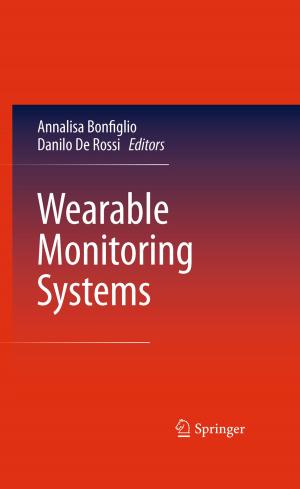Heat Shock Proteins and the Cardiovascular System
Nonfiction, Health & Well Being, Medical, Surgery, Thoracic, Specialties, Internal Medicine, Cardiology| Author: | ISBN: | 9781461561774 | |
| Publisher: | Springer US | Publication: | December 6, 2012 |
| Imprint: | Springer | Language: | English |
| Author: | |
| ISBN: | 9781461561774 |
| Publisher: | Springer US |
| Publication: | December 6, 2012 |
| Imprint: | Springer |
| Language: | English |
Heat shock proteins (HSP) were originally described in heat-shocked drosophila by Ritossa in the early 1960's. In the last 5 years it has become apparent that these heat shock proteins have important functions both in the normal cell and in the stressed cell. These proteins constitute an endogenous protective system; mutations in the heat shock proteins can be lethal, and there are no known organisms without heat shock proteins. The first observations on heat shock proteins and the heart were made in the 1980's and interest in these proteins increased over the decade. In the last few years there has been an exponential growth in number of papers published on heat shock proteins and the heart. Heat shock proteins have been implicated in a number of cardiovascular research areas including ischemia, hypertrophy, aging, and atherosclerosis, and this list is growmg. The purpose of this volume is to give an overview of our current understanding of the heat shock proteins in the cardiovascular system, and to summarize the approaches to the study of heat shock proteins in the heart. This volume assembles results from a number of different cardiovascular fields. and provides a comprehensive review of heat shock proteins in the cardiovascular system.
Heat shock proteins (HSP) were originally described in heat-shocked drosophila by Ritossa in the early 1960's. In the last 5 years it has become apparent that these heat shock proteins have important functions both in the normal cell and in the stressed cell. These proteins constitute an endogenous protective system; mutations in the heat shock proteins can be lethal, and there are no known organisms without heat shock proteins. The first observations on heat shock proteins and the heart were made in the 1980's and interest in these proteins increased over the decade. In the last few years there has been an exponential growth in number of papers published on heat shock proteins and the heart. Heat shock proteins have been implicated in a number of cardiovascular research areas including ischemia, hypertrophy, aging, and atherosclerosis, and this list is growmg. The purpose of this volume is to give an overview of our current understanding of the heat shock proteins in the cardiovascular system, and to summarize the approaches to the study of heat shock proteins in the heart. This volume assembles results from a number of different cardiovascular fields. and provides a comprehensive review of heat shock proteins in the cardiovascular system.















